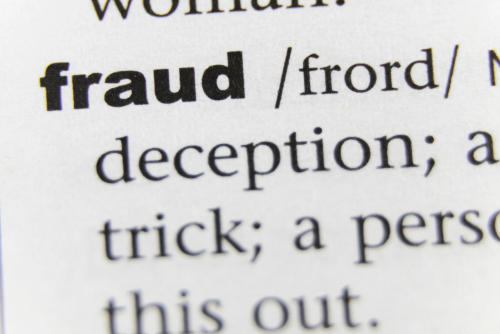Federal prosecutors ‘deliberately misled’ court, judge says; alleged fraudsters get new trial

Image from Shutterstock.
A federal judge in Miami has ordered a new trial for three men found guilty in a fraudulent sweepstakes scheme after concluding that federal prosecutors had “knowingly invaded the defense camp” while lying to the court about it.
U.S. District Judge Darrin Gayles of the Southern District of Florida said two initial prosecutors in the case “deliberately misled this court.”
Law360 and the Miami Herald have coverage of Gayles’ remarks, made during a hearing Friday.
Gayles said he had allowed the three Florida men to be tried without knowing the extent of prosecutors’ alleged wrongdoing, according to the coverage.
Prosecutors had received handwritten notes from a fourth defendant who attended defense meetings without disclosing that he had obtained a plea deal with prosecutors, Gayles said during the hearing. The other defendants were working together under a joint defense agreement.
The fourth defendant, 53-year-old John Leon of Wilton Manors, Florida, had received government authorization to attend strategy meetings. Yet prosecutors lied about whether Leon had attended more than one meeting and whether they approved his participation, Gayles said.
One of the federal prosecutors had countered in a court filing that Leon’s cooperation was “kept covert” because he was cooperating with the government against a noncharged defendant, according to the Miami Herald. The prosecutor also said Leon had been instructed not to share privileged information.
The Florida defendants—46-year-old Matthew Pisoni of Fort Lauderdale, Florida; 42-year-old Marcus Pradel of Boca Raton, Florida; and 39-year-old Victor Ramirez of Aventura, Florida—had been convicted of conspiracy to commit mail fraud in 2017. They were accused of telling their scam victims that they had won a sweepstakes prize, and they had to pay $20 to $50 to redeem it.
The defendants sought a new trial after receiving new evidence obtained during an investigation by the U.S. attorney’s office and the Department of Justice’s Office of Professional Responsibility.
The government countered that much of the “newly discovered” evidence cited by the defendants wasn’t material and had no exculpatory value.



